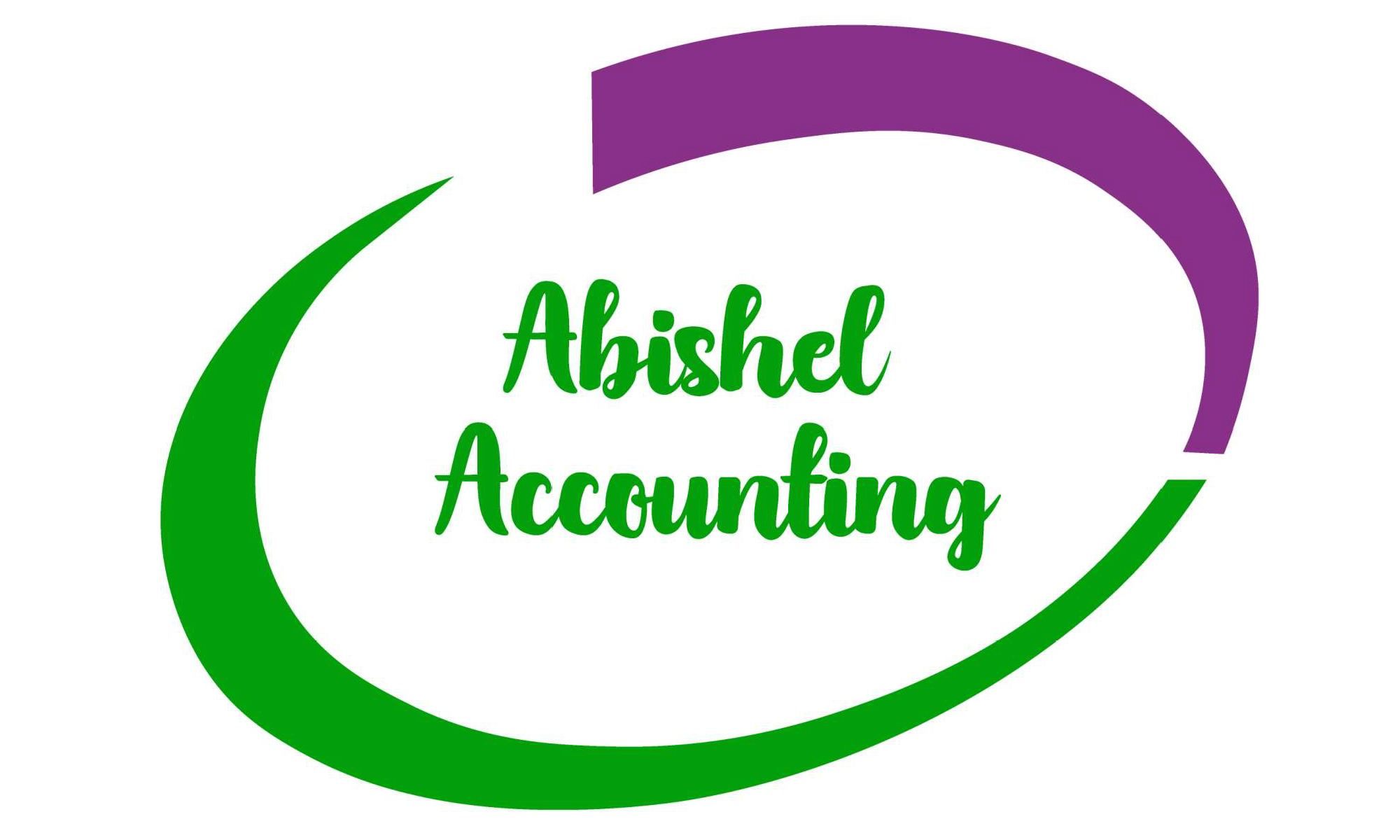My Self-assessment Has Got Personal Allowance, What is it?
The self-assessment Personal Allowance is a tax-free amount of income that you are entitled to earn each tax year before you start paying income tax. It is available to all taxpayers who file a self-assessment tax return, including self-employed individuals and those with income from sources such as investments or rental properties.
For the tax year 2022-23, the Personal Allowance is £12,570. This means that you can earn up to £12,570 in income in the tax year without having to pay any income tax on it.
It’s important to note that if your income is above a certain level, your Personal Allowance may be reduced or eliminated altogether. For example, if your income is over £100,000, your Personal Allowance is reduced by £1 for every £2 of income over the £100,000 threshold.
It’s also worth noting that the Personal Allowance may be different for individuals who were born before 6 April 1948 or after 5 April 1938, as well as those who are entitled to the Blind Person’s Allowance or Married Couple’s Allowance.
If you’re not sure how much Personal Allowance you’re entitled to or whether your income is high enough to affect your entitlement, you may want to seek advice from an accountant or tax adviser.





